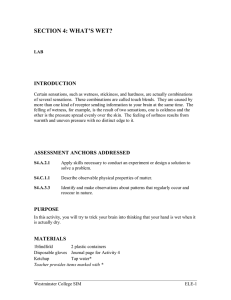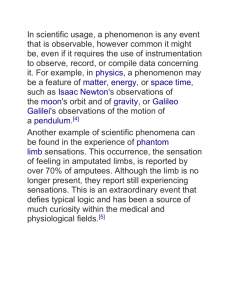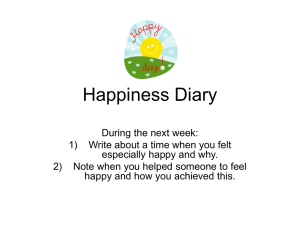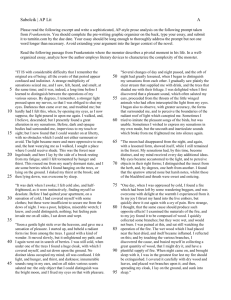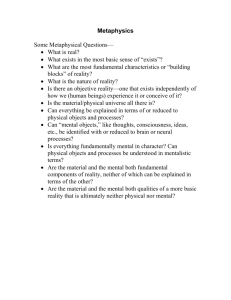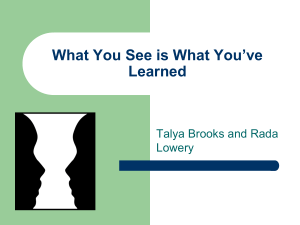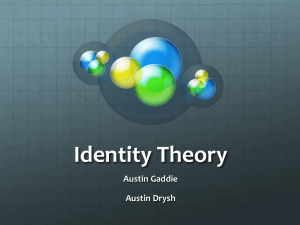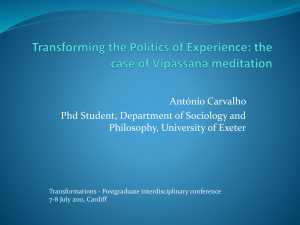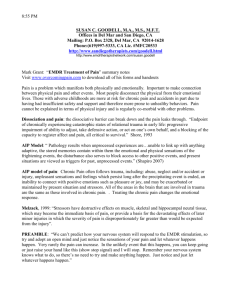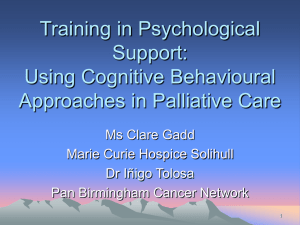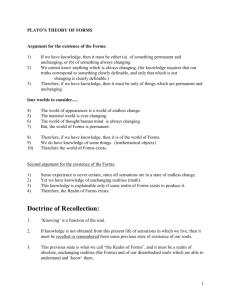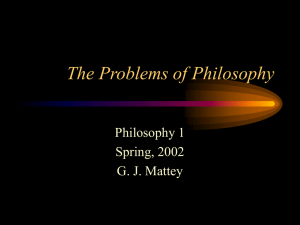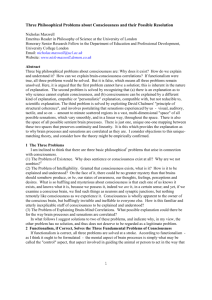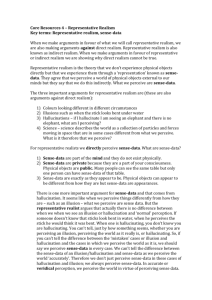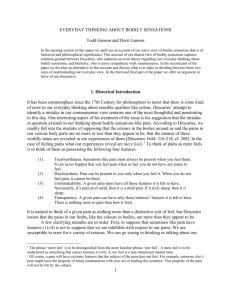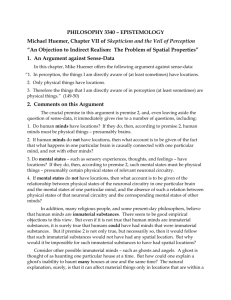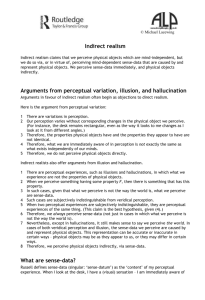Abstract: Can linguistic behaviorism explain linguistic understanding
advertisement
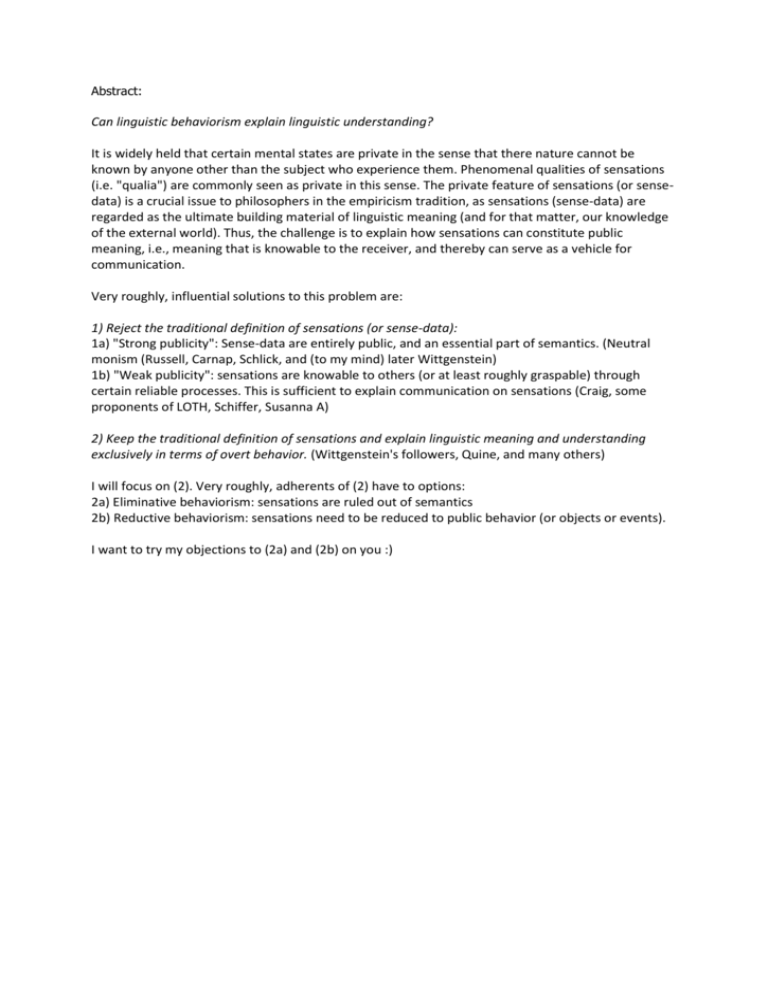
Abstract: Can linguistic behaviorism explain linguistic understanding? It is widely held that certain mental states are private in the sense that there nature cannot be known by anyone other than the subject who experience them. Phenomenal qualities of sensations (i.e. "qualia") are commonly seen as private in this sense. The private feature of sensations (or sensedata) is a crucial issue to philosophers in the empiricism tradition, as sensations (sense-data) are regarded as the ultimate building material of linguistic meaning (and for that matter, our knowledge of the external world). Thus, the challenge is to explain how sensations can constitute public meaning, i.e., meaning that is knowable to the receiver, and thereby can serve as a vehicle for communication. Very roughly, influential solutions to this problem are: 1) Reject the traditional definition of sensations (or sense-data): 1a) "Strong publicity": Sense-data are entirely public, and an essential part of semantics. (Neutral monism (Russell, Carnap, Schlick, and (to my mind) later Wittgenstein) 1b) "Weak publicity": sensations are knowable to others (or at least roughly graspable) through certain reliable processes. This is sufficient to explain communication on sensations (Craig, some proponents of LOTH, Schiffer, Susanna A) 2) Keep the traditional definition of sensations and explain linguistic meaning and understanding exclusively in terms of overt behavior. (Wittgenstein's followers, Quine, and many others) I will focus on (2). Very roughly, adherents of (2) have to options: 2a) Eliminative behaviorism: sensations are ruled out of semantics 2b) Reductive behaviorism: sensations need to be reduced to public behavior (or objects or events). I want to try my objections to (2a) and (2b) on you :)
